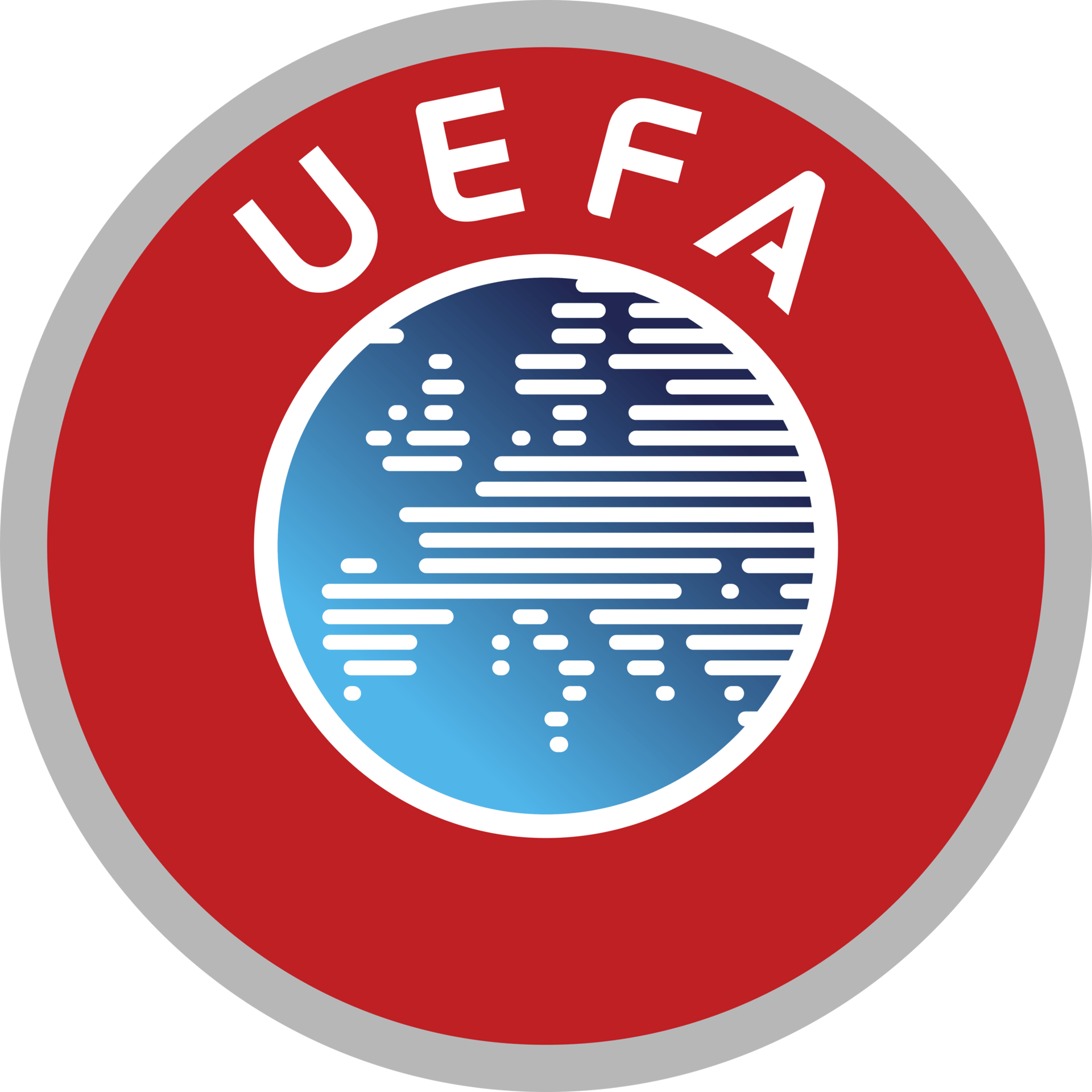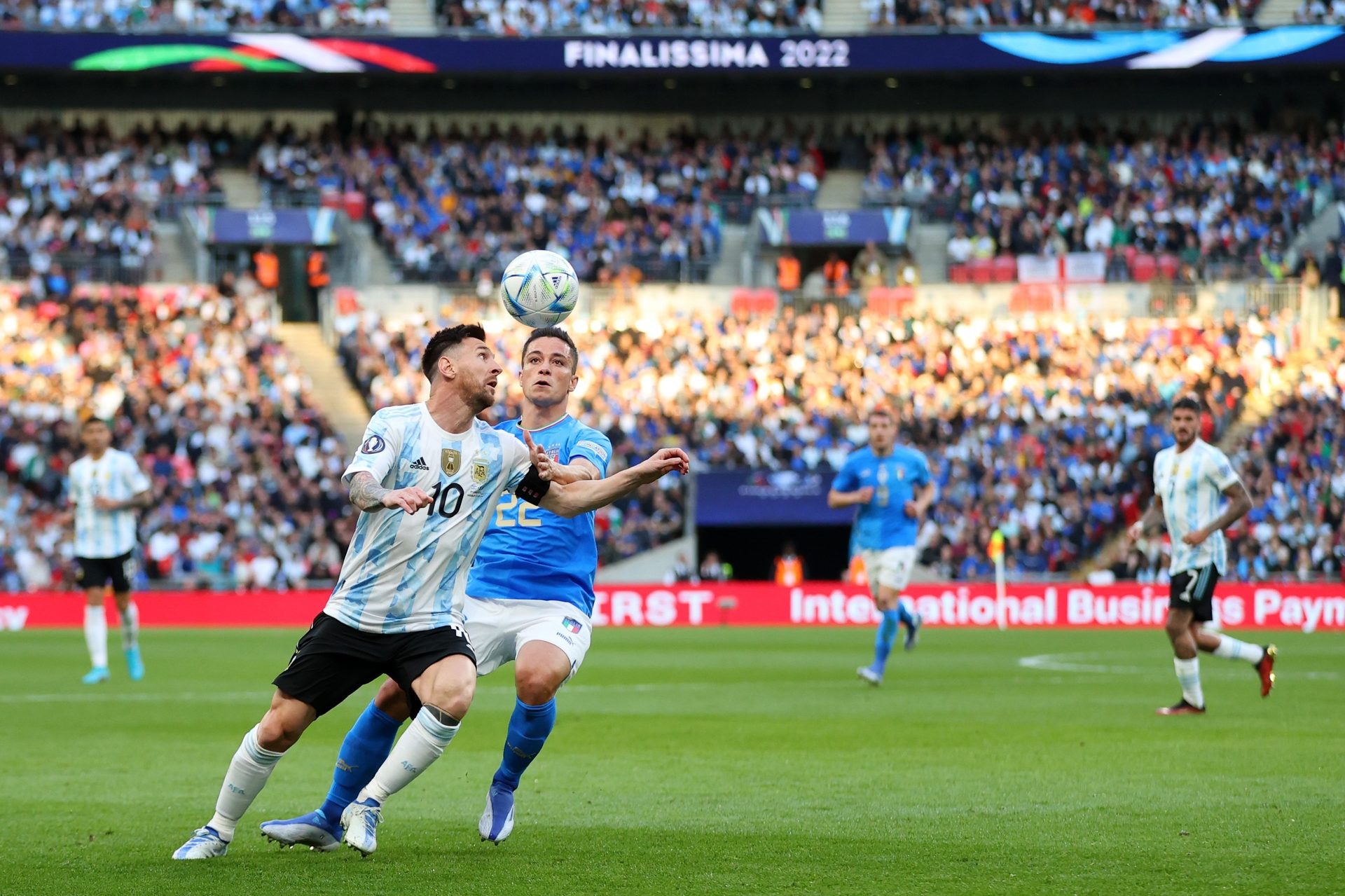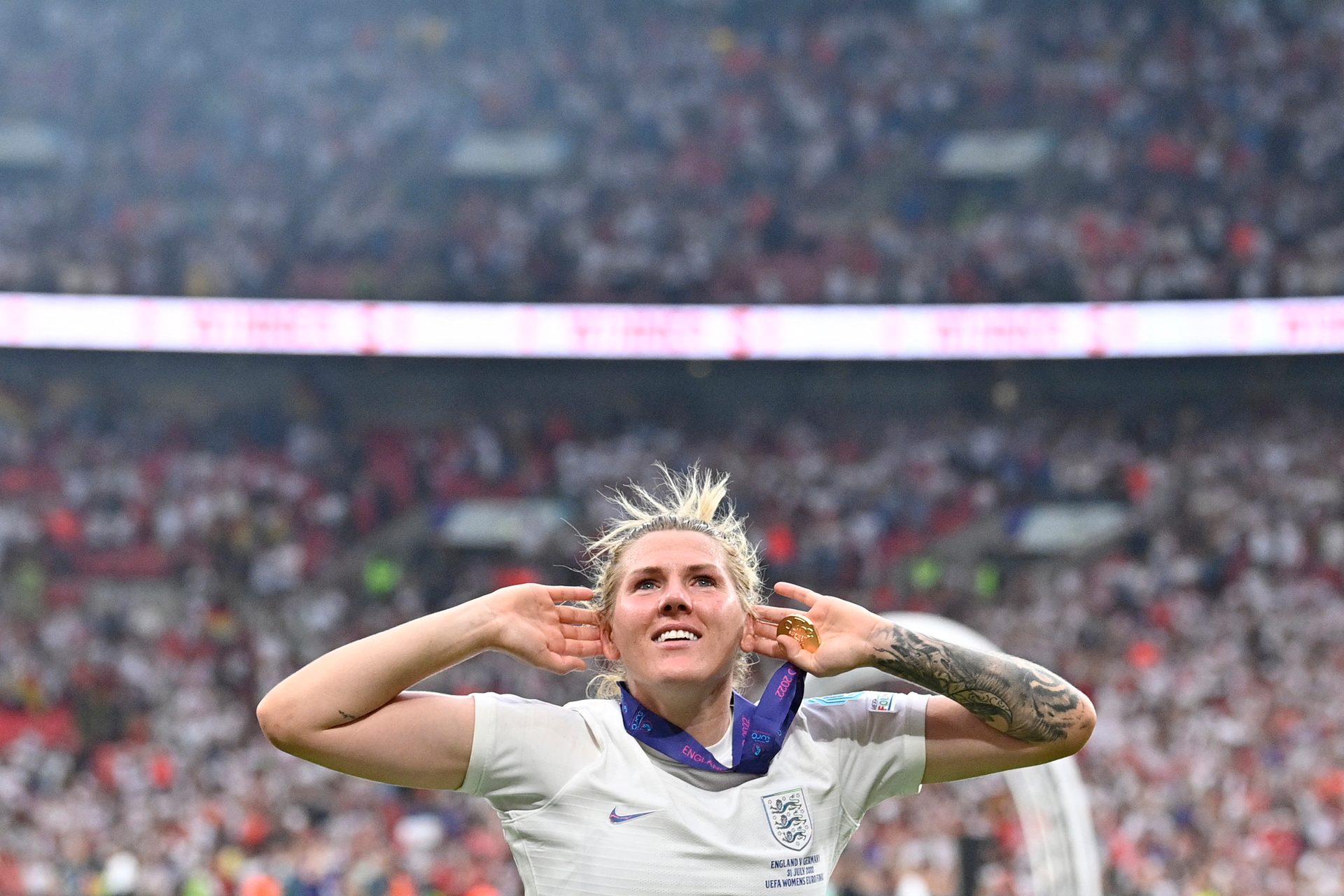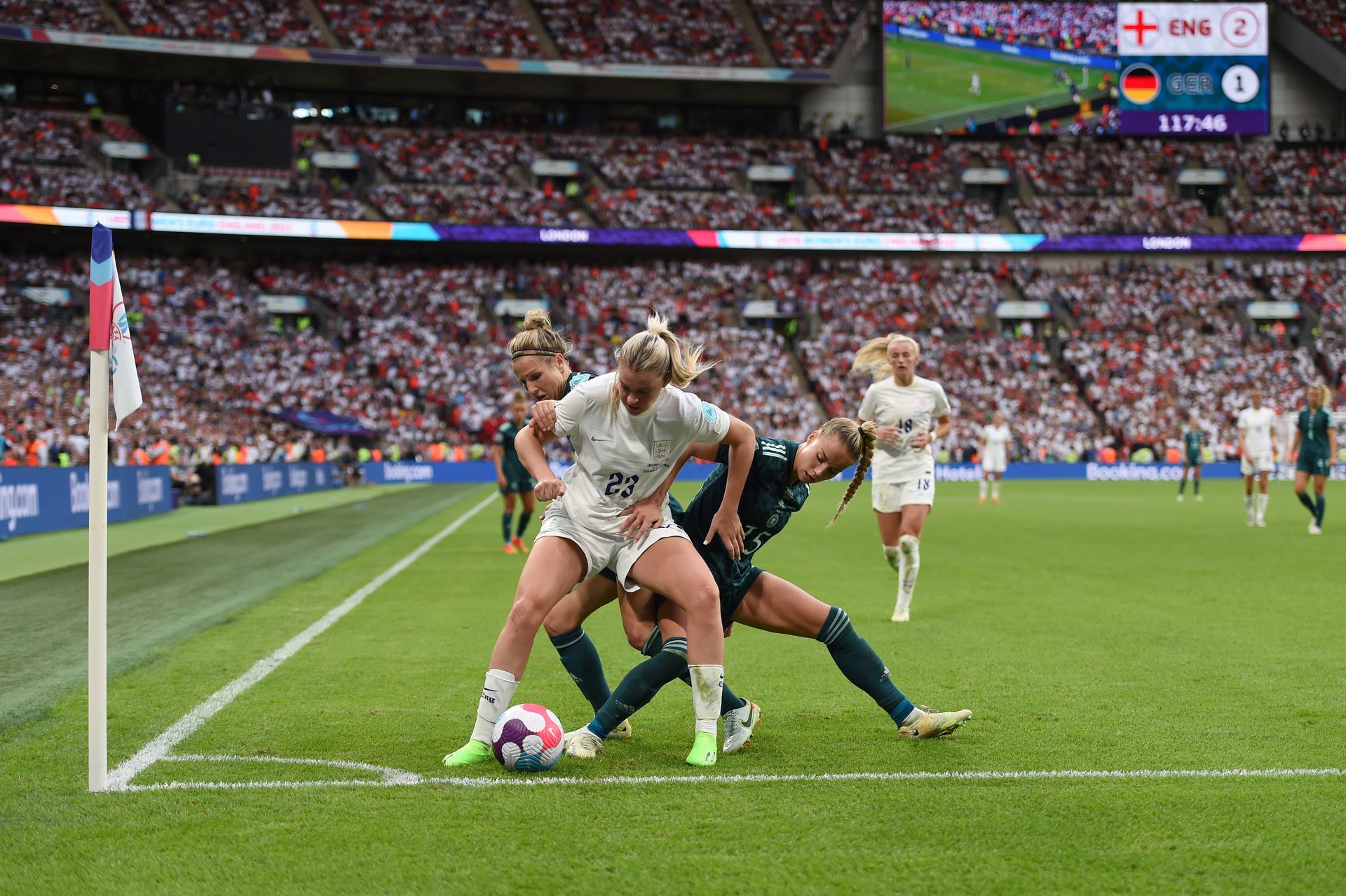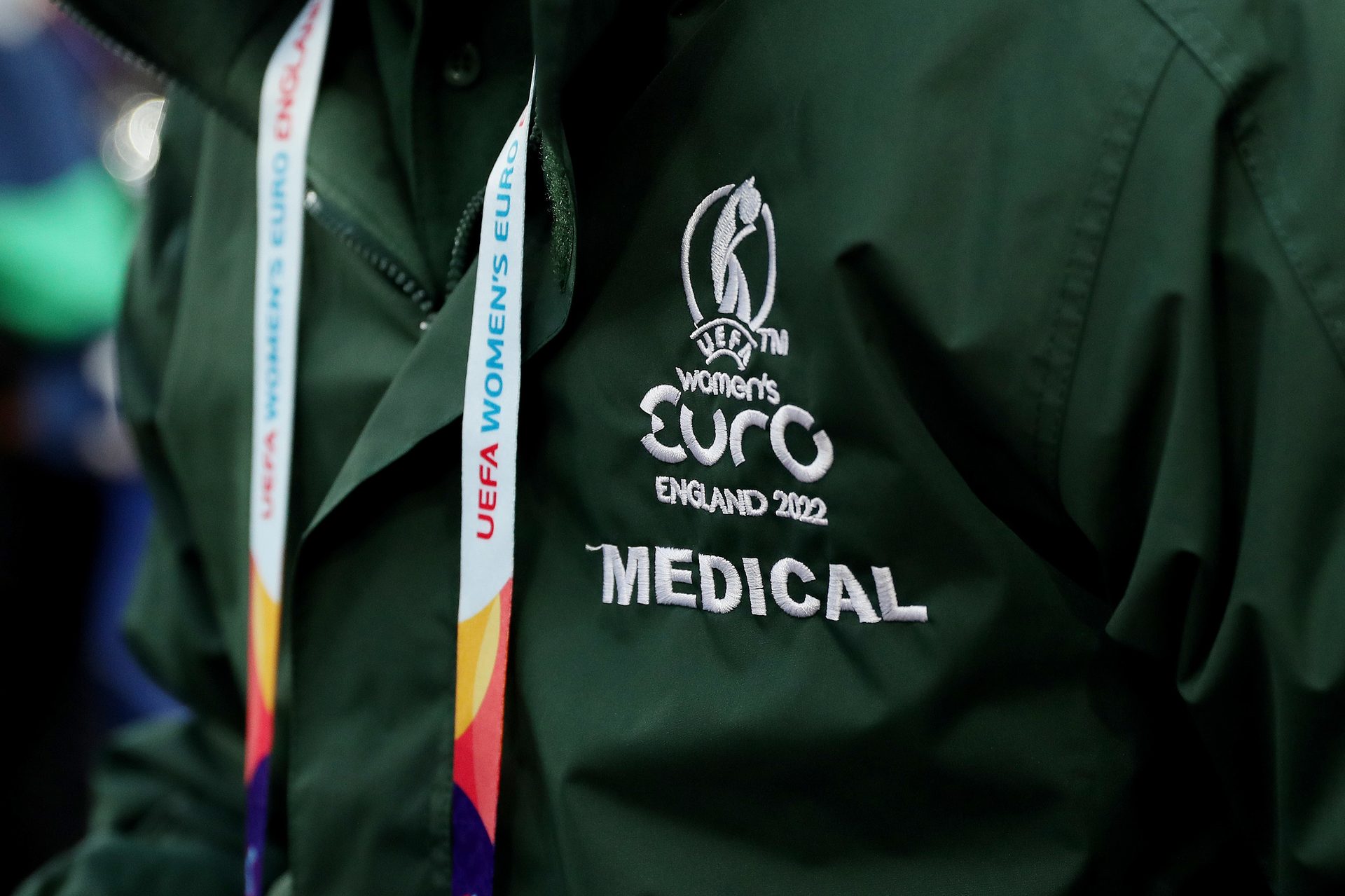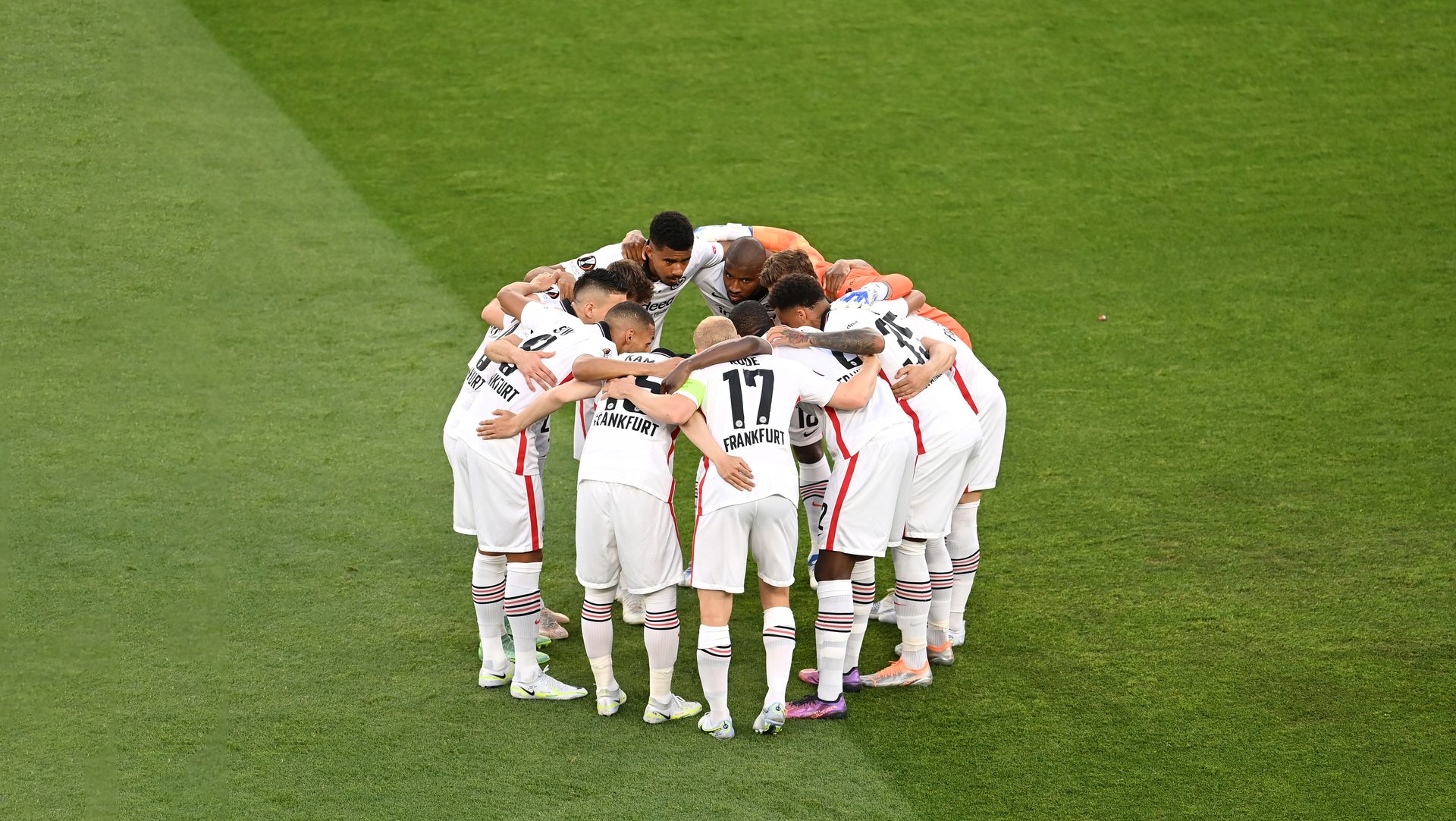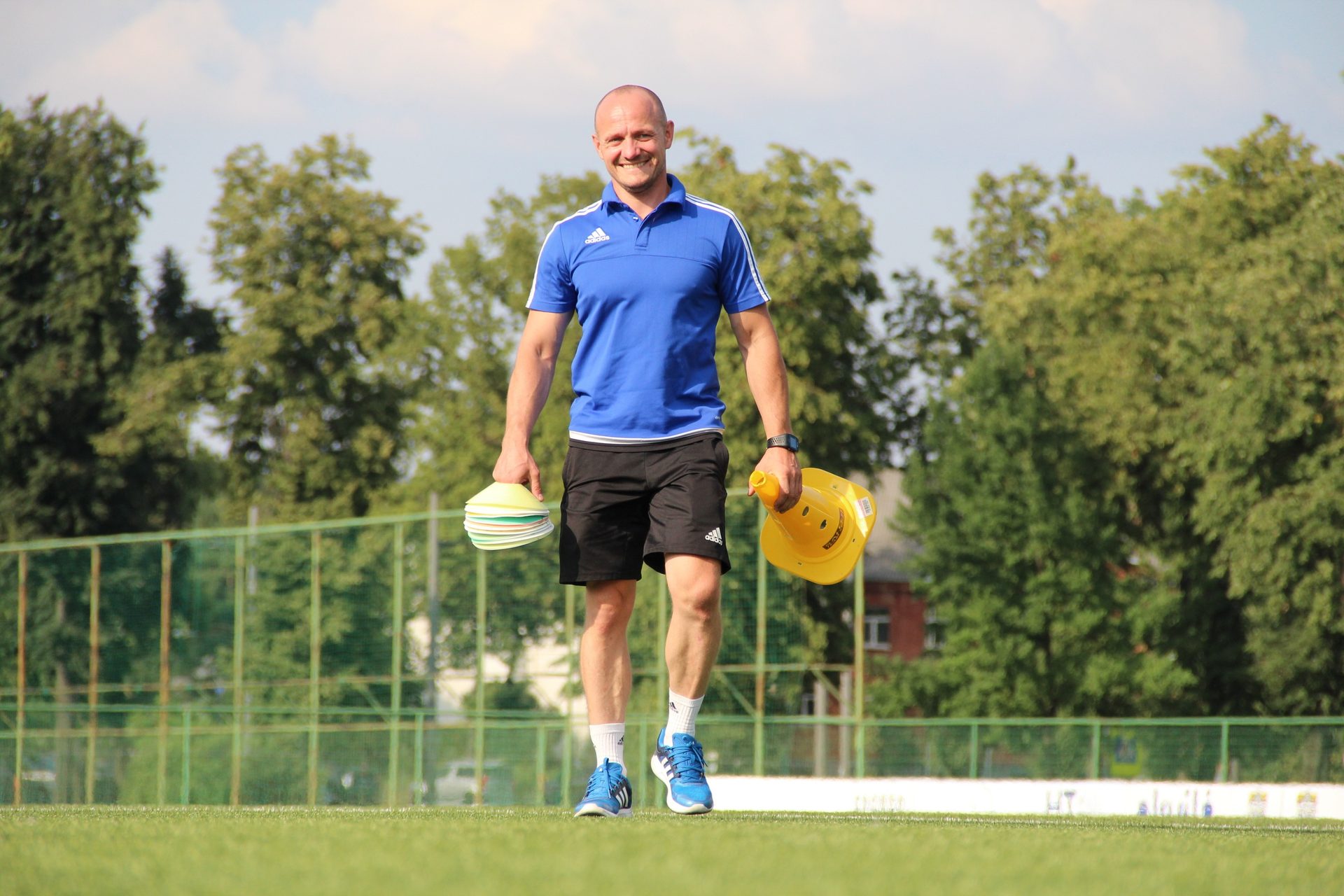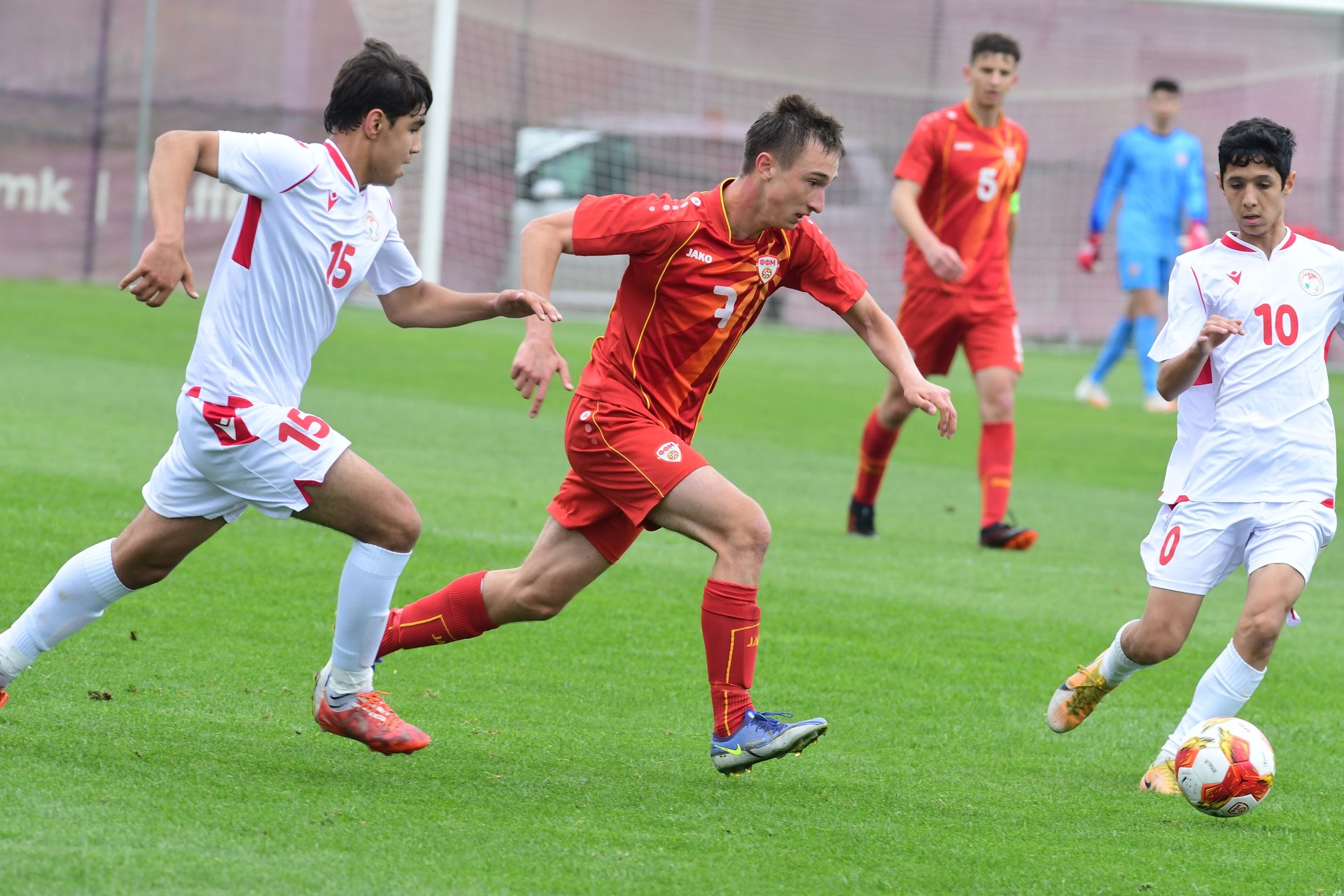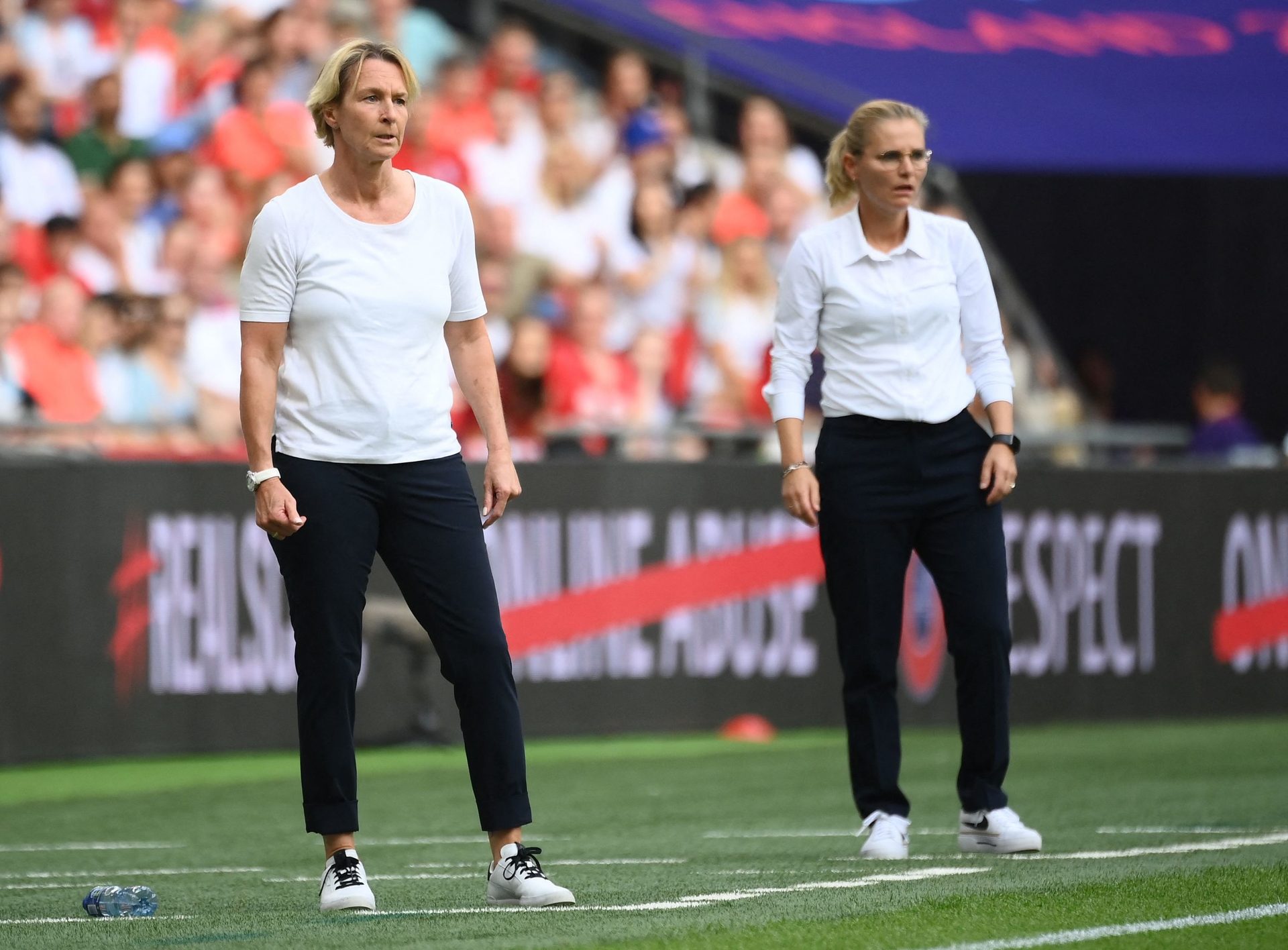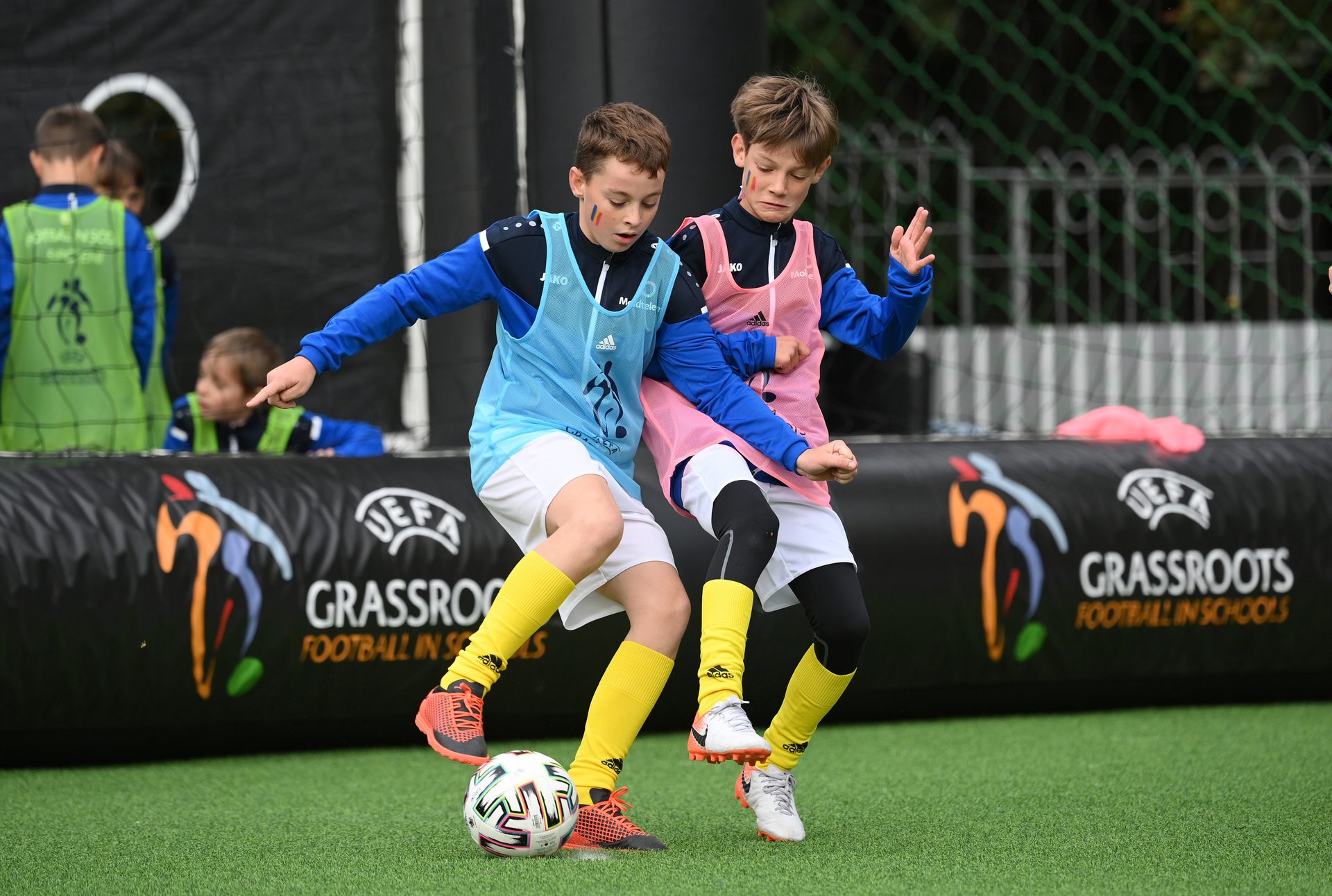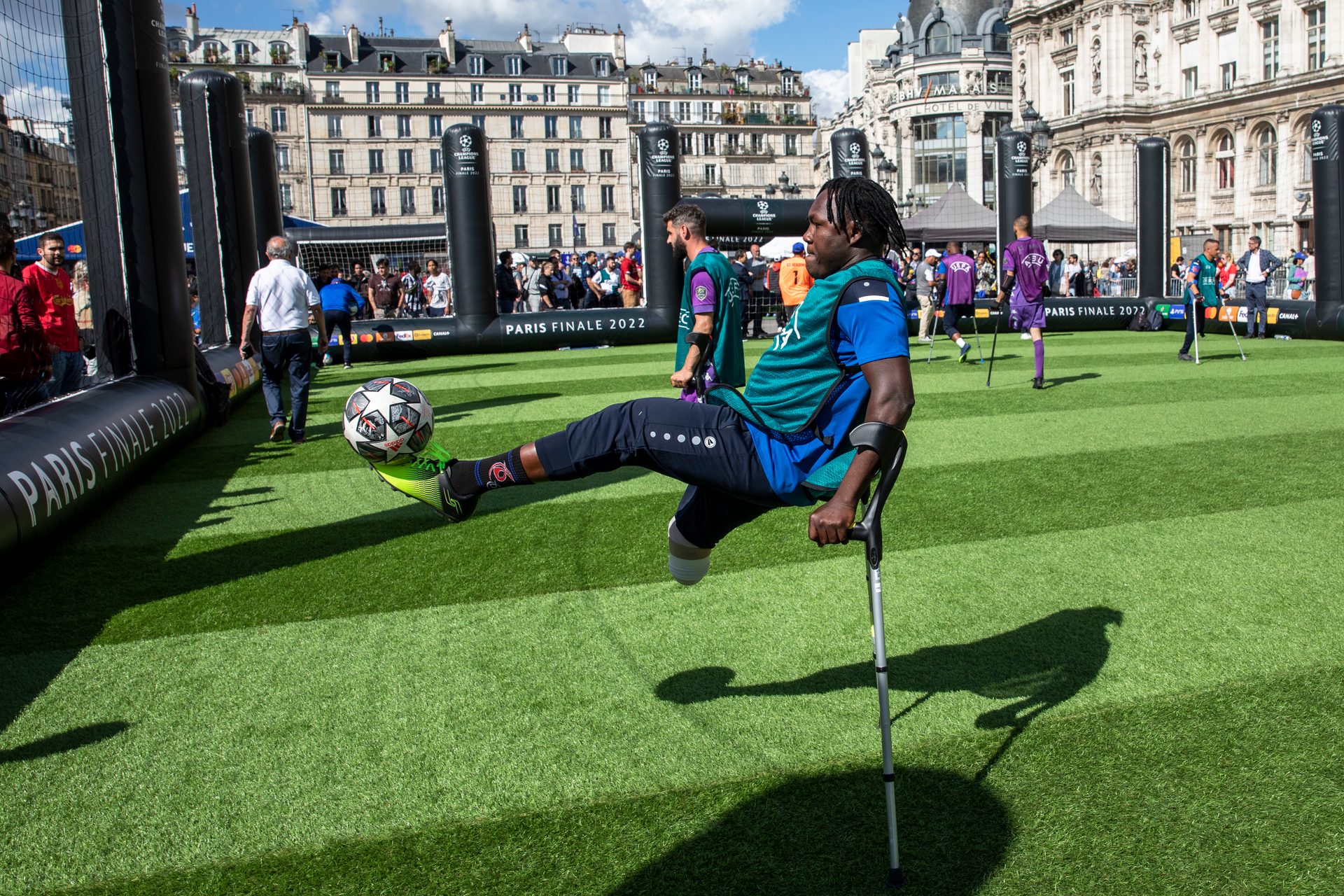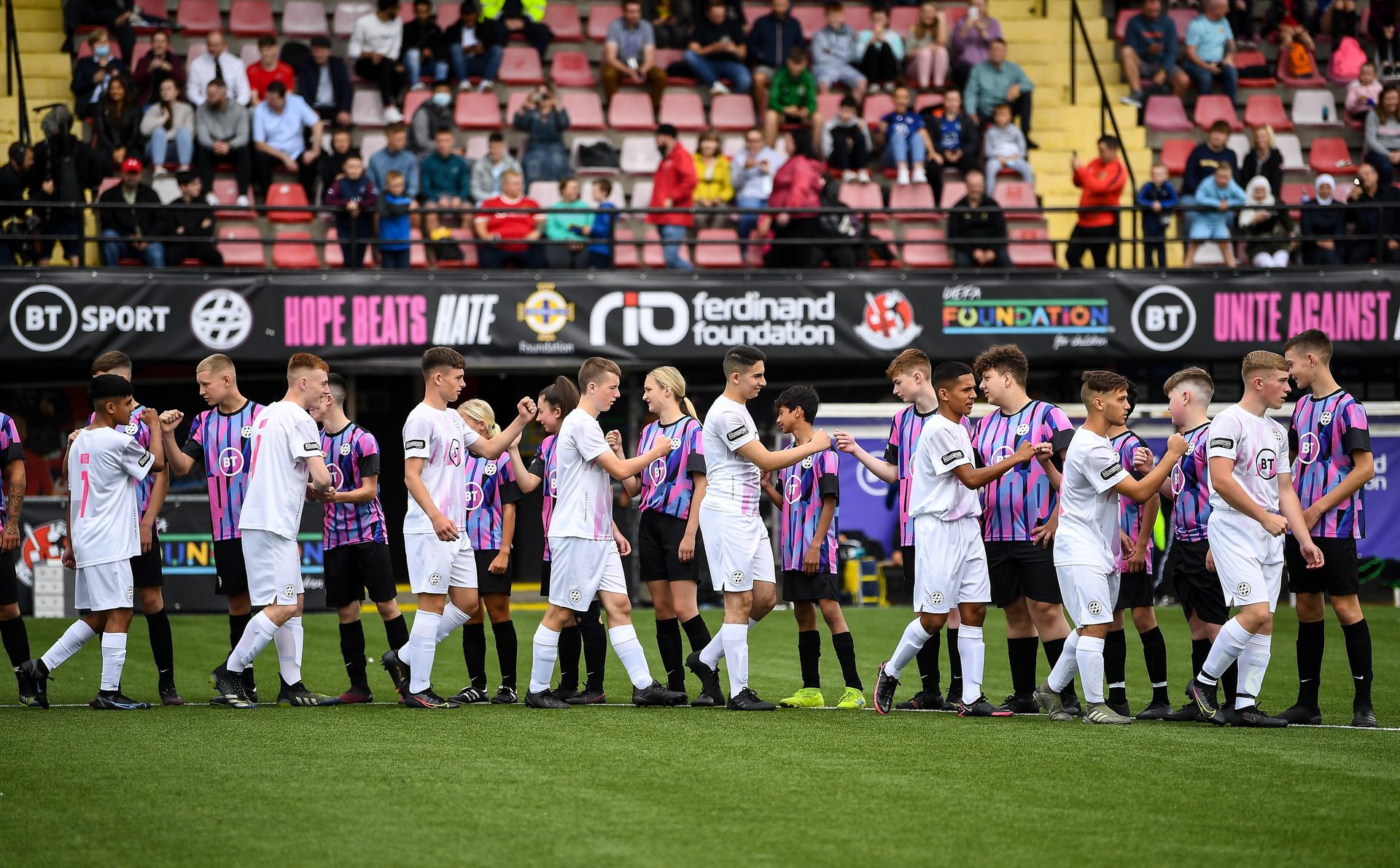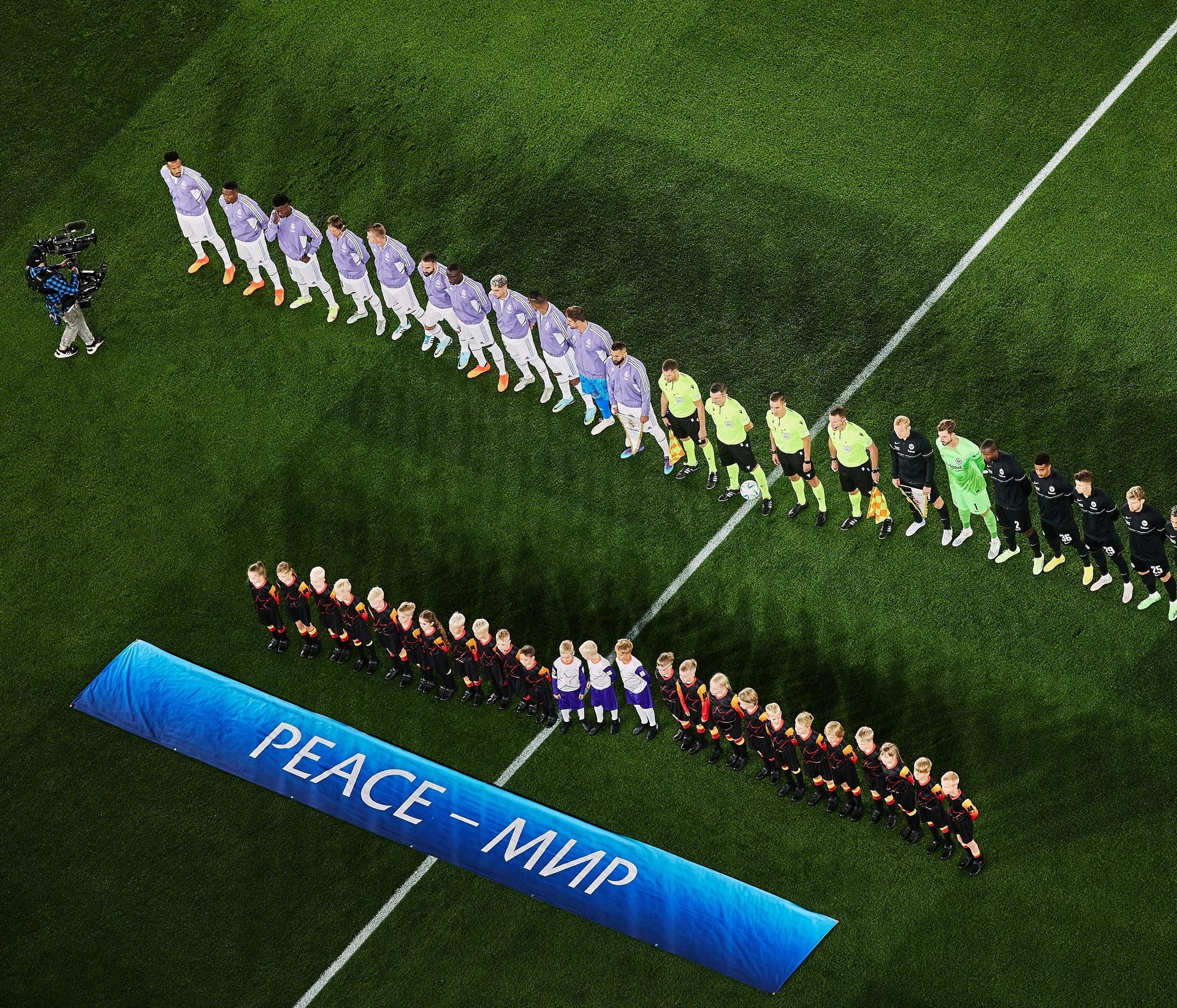
UEFA Annual Report 2021/22

UEFA Annual Report 2021/22
UEFA Annual Report 2021/22
360° view of our impact on and off the pitch
reinvesting revenue into european football
net earnings back into
the game
%
70
national associations benefitting from UEFA support
30
for development projects
€1.2bn
COMPETITIONS
Winners of 15 UEFA men’s and women’s finals in 2021/22
Women's Futsal EURO
Host city: Turin
Winners: Olympique Lyonnais
Women’s Champions League
Women's Futsal EURO
Host city: Belfast
Winners: Chelsea FC
Super Cup 2021
Women's Futsal EURO
Host city: Nyon
Winners: SL Benfica
Youth League
Women's Futsal EURO
Host city: Tirana
Winners: AS Roma
Europa Conference League
Women's Futsal EURO
Host city: London
Winners: England
Women’s EURO 2022
Women's Futsal EURO
Host city: Trnava
Winners: England
Under-19 EURO
Women's Futsal EURO
Host city: Riga
Winners: Barça
Futsal Champions League
Women's Futsal EURO
Host city: London
Winners: Argentina
Finalissima
Women's Futsal EURO
Host city: Ostrava
Winners: Spain
Women’s Under-19 EURO
Women's Futsal EURO
Host city: Porto (Gondomar)
Winners: Spain
Women's Futsal EURO
Women's Futsal EURO
Host city: Seville
Winners: Eintracht Frankfurt
Europa League
Women's Futsal EURO
Host city: Netanya
Winners: France
Under-17 EURO
Women's Futsal EURO
Host city: Amsterdam
Winners: Portugal
Futsal EURO 2022
Women's Futsal EURO
Host city: Paris
Winners: Real Madrid CF
Champions League
Women's Futsal EURO
Host city: Sarajevo
Winners: Germany
Women’s Under-17 EURO


Women's Futsal EURO
Host city: Porto (Gondomar)
Winners: Spain
Women's Futsal EURO
Champions of Europe 2021/22

Text
Host city: Seville
Winners: Eintracht Frankfurt
Europa League

Text
Host city: Paris
Winners: Real Madrid CF
Champions League

Women's Futsal EURO
Host city: Belfast
Winners: Chelsea FC
Super Cup 2021

Text
Host city: London
Winners: England
Women’s EURO 2022
Text
Host city: London
Winners: Argentina
Finalissima

Text
Host city: Amsterdam
Winners: Portugal
Futsal EURO 2022

Text
Host city: Turin
Winners: Olympique Lyonnais
Women’s Champions League

Text
Host city: Riga
Winners: Barça
Futsal Champions League

Text
Host city: Nyon
Winners: SL Benfica
Youth League

Text
Host city: Ostrava
Winners: Spain
Women’s Under-19 EURO

Text
Host city: Netanya
Winners: France
Under-17 EURO

Text
Host city: Tirana
Winners: AS Roma
Europa Conference League

Text
Host city: Sarajevo
Winners: Germany
Women’s Under-17 EURO

Text
Host city: Tirana
Winners: England
Under-19 EURO
Season highlights
UEFA Annual Report 2021/22
INTRODUction
UEFA Annual Report 2021/22
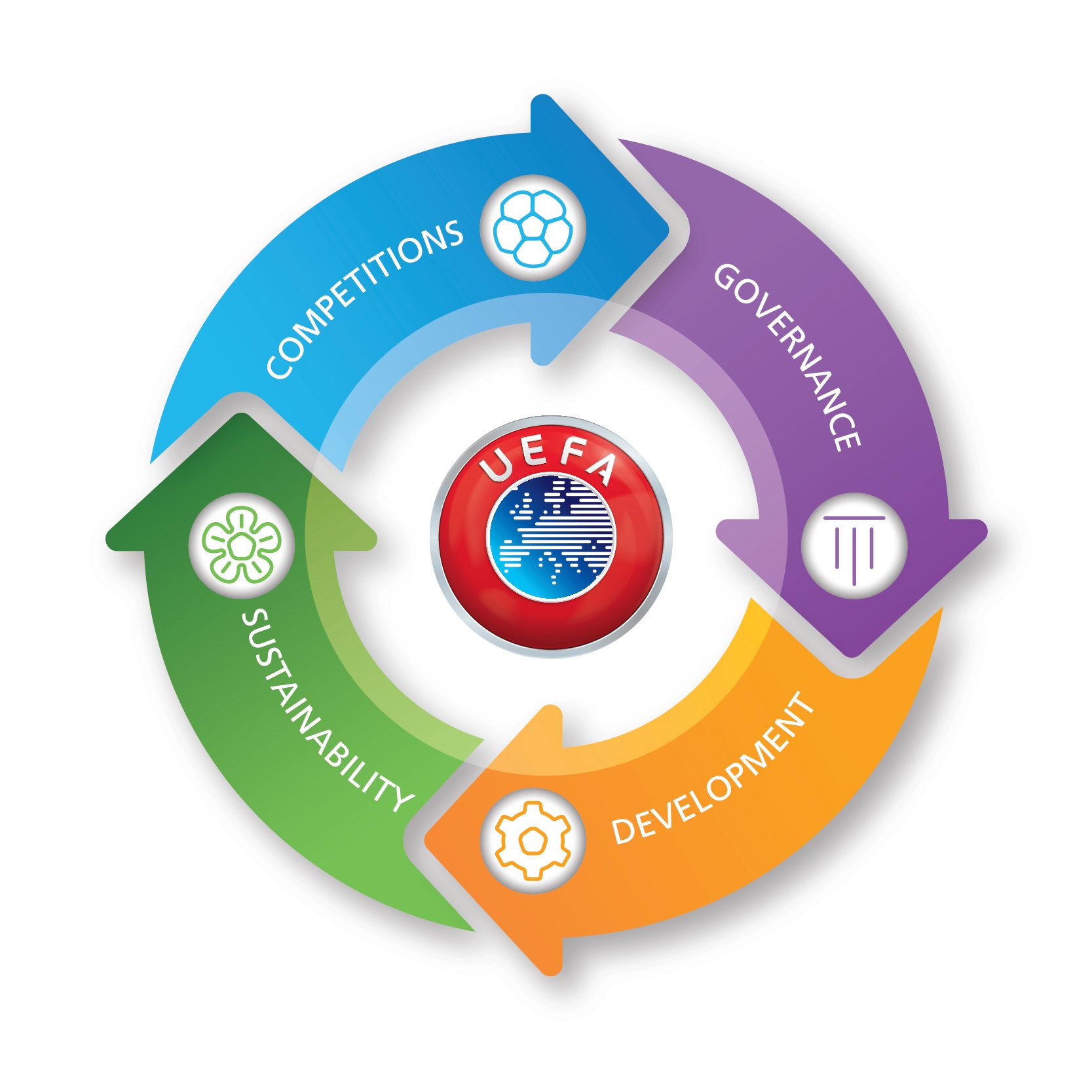
COMPETITION
every player can dream of playing in our competitionS.
GOVERNANCE
UEFA works with the football community to protect and grow the game.
DEVELOPMENT
97% of our new earnings go back into football.
SUSTAINABILITY
football drives positive social change beyond the pitch.
National associations
45
European clubs
190
for development projects
€1.2bn
champions
of
europe

GOVERNANCE
'NEW FINANCIAL REGULATIONS ARE AN IMPORTANT STEP FORWARD'
Q&A with Andrea Traverso, UEFA's financial sustainability and research director
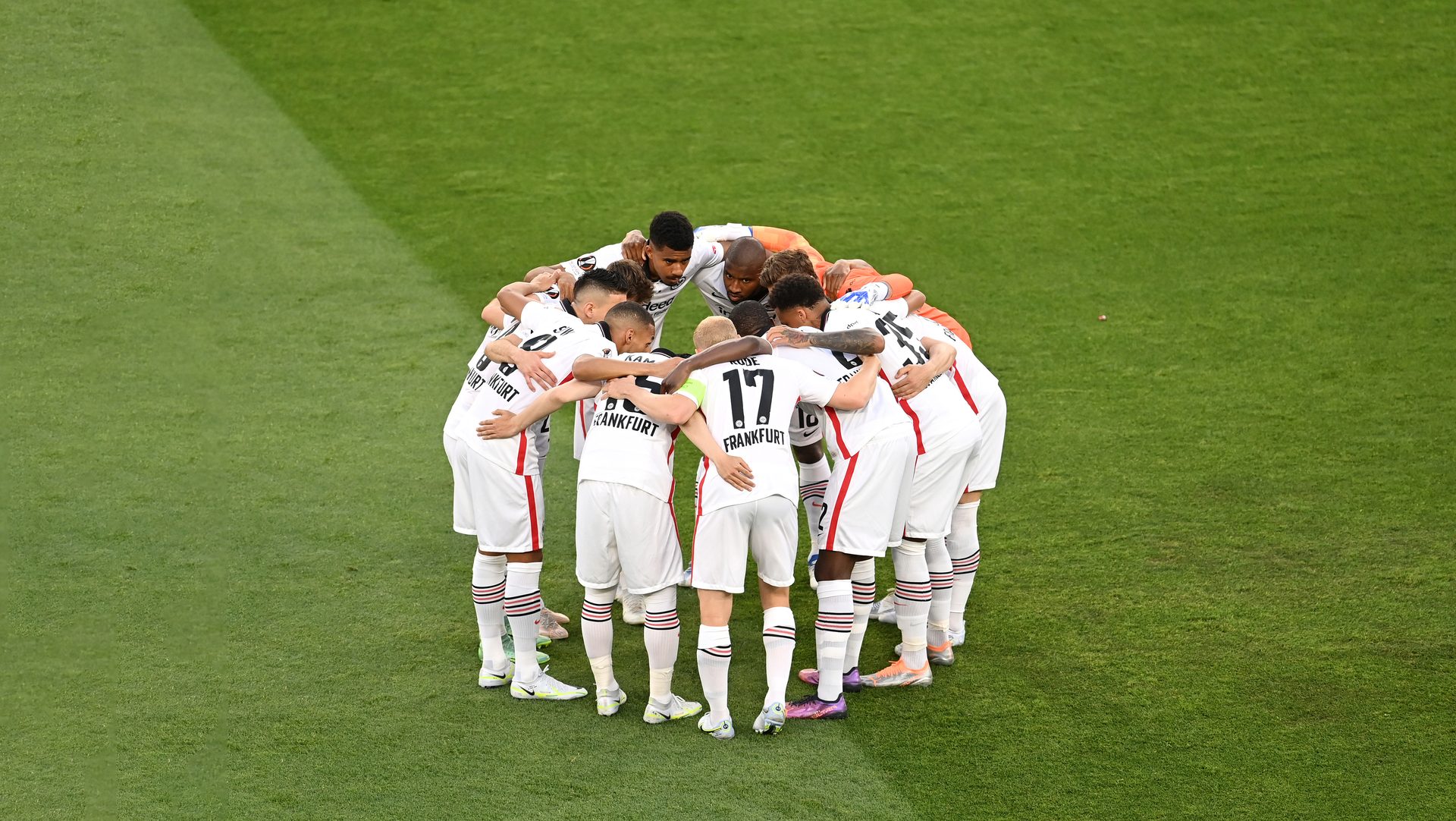
How do the new regulations relate to financial fair play (FFP)?
They are an evolution of FFP. Regulations have to be constantly adapted and monitored depending on the evolution of the market and the context in which clubs operate. But it's an important evolution, not just a cosmetic one, and an important step forward. On top of fine-tuning existing rules, we have introduced new ones – notably the squad-cost rule.
What would you say to those who feel UEFA has given up on FFP?
We certainly haven’t given up. Firstly, it’s important to recognise that the previous rules had a deep and positive impact. But, of course, they were not perfect, and it’s a natural process to adapt and improve the existing regulations. As European football’s governing body, UEFA has the duty toensure financial stability, and we will continue to do our best to enforce these new rules. It’s important to underline that they have received unanimous support across the European football community. Getting approval from so many stakeholders is a major achievement. UEFA has not drafted the rules on its own; we have done it together and in agreement with all our stakeholders.
What were the challenges of getting the whole football community behind these new rules?
It’s been a long process. A difficult one, but this is normal, because not everyone has the same interests and faces the same issues. We consistently sought to share all information, meet stakeholders regularly, listen to comments and take on feedback. With an inclusive, democratic and transparent process, you can overcome any challenges.
How are you working with clubs, national associations and leagues to aid a smooth transition?
The continuation of dialogue is key. As soon as the regulations were approved, we started to communicate bilaterally. We also organised workshops and educational forums, alongside the creation of toolkits and guidelines. We meet with clubs and associations, and we cooperate with umbrella bodies to organise joint workshops. There is an education plan in progress.
As for the rules themselves, they don’t all come into force at once but through a staggered approach. This will allow all parties to get used to them and implement them correctly.
To what extent will the regulations future-proof the long-term success of European club football?
This is our main goal. Society is only just coming out of the COVID-19 pandemic, and many clubs find themselves in turbulent waters. Guiding them towards a sustainable path will be challenging, possibly more challenging than it’s ever been.
You can have the best regulations, but if they are not enforced, and if people are not committed to them, you won’t achieve the results you want. That’s why it’s crucial that we’ve had buy-in from the beginning. We have the full support of our stakeholders, and European institutions as well.
What's the significance of having separate regulations for the women’s game?
It’s an important step forward. Women's football has developed a lot recently, and very quickly. Some criteria existed in the former club licensing regulations, but the time has come for women's football to have its own set of rules. This will provide the right regulatory framework for development. Indeed, I expect club licensing to act as an accelerator for raising standards in women’s football.
For example, higher standards of youth education, better accessibility to quality infrastructure, higher levels of coaching diplomas and increased professionalism in managing women’s football clubs are all very important elements that will push the women’s game forward and where club licensing can play an important role and make a significant contribution.
Safeguarding football's future
How we deliver across the game

'NEW FINANCIAL REGULATIONS ARE AN IMPORTANT STEP FORWARD'
Q&A with Andrea Traverso, UEFA's financial sustainability and research director
How do the new regulations relate to financial fair play (FFP)?
They are an evolution of FFP. Regulations have to be constantly adapted and monitored depending on the evolution of the market and the context in which clubs operate. But it's an important evolution, not just a cosmetic one, and an important step forward. On top of fine-tuning existing rules, we have introduced new ones – notably the squad-cost rule.
What would you say to those who feel UEFA has given up on FFP?
We certainly haven’t given up. Firstly, it’s important to recognise that the previous rules had a deep and positive impact. But, of course, they were not perfect, and it’s a natural process to adapt and improve the existing regulations. As European football’s governing body, UEFA has the duty toensure financial stability, and we will continue to do our best to enforce these new rules. It’s important to underline that they have received unanimous support across the European football community. Getting approval from so many stakeholders is a major achievement. UEFA has not drafted the rules on its own; we have done it together and in agreement with all our stakeholders.
What were the challenges of getting the whole football community behind these new rules?
It’s been a long process. A difficult one, but this is normal, because not everyone has the same interests and faces the same issues. We consistently sought to share all information, meet stakeholders regularly, listen to comments and take on feedback. With an inclusive, democratic and transparent process, you can overcome any challenges.
How are you working with clubs, national associations and leagues to aid a smooth transition?
The continuation of dialogue is key. As soon as the regulations were approved, we started to communicate bilaterally. We also organised workshops and educational forums, alongside the creation of toolkits and guidelines. We meet with clubs and associations, and we cooperate with umbrella bodies to organise joint workshops. There is an education plan in progress.
As for the rules themselves, they don’t all come into force at once but through a staggered approach. This will allow all parties to get used to them and implement them correctly.
To what extent will the regulations future-proof the long-term success of European club football?
This is our main goal. Society is only just coming out of the COVID-19 pandemic, and many clubs find themselves in turbulent waters. Guiding them towards a sustainable path will be challenging, possibly more challenging than it’s ever been.
You can have the best regulations, but if they are not enforced, and if people are not committed to them, you won’t achieve the results you want. That’s why it’s crucial that we’ve had buy-in from the beginning. We have the full support of our stakeholders, and European institutions as well.
What's the significance of having separate regulations for the women’s game?
It’s an important step forward. Women's football has developed a lot recently, and very quickly. Some criteria existed in the former club licensing regulations, but the time has come for women's football to have its own set of rules. This will provide the right regulatory framework for development. Indeed, I expect club licensing to act as an accelerator for raising standards in women’s football.
For example, higher standards of youth education, better accessibility to quality infrastructure, higher levels of coaching diplomas and increased professionalism in managing women’s football clubs are all very important elements that will push the women’s game forward and where club licensing can play an important role and make a significant contribution.
DEVELOPMENT
Five ways we support the
game's development
Support for every level of the game
SUSTAINABILITY
How we use football as a force for good
• UEFA sustainability strategy 2030, Strength through Unity
• UEFA sustainability action plan
• Carbon footprint tool
• Equal salary certification awarded to UEFA
• Integration of social and environmental sustainability criteria into UEFA’s bidding and club licensing requirements
• Sustainability policies implemented across all UEFA events
• Anti-discrimination observer scheme
• Circular economy guidelines
• HatTrick development funding supported 84 sustainability projects
• First UNITY EURO Cup for refugee teams organised in collaboration with the UN Refugee Agency, UNHCR
• UEFA’s working group on human and labour rights set up for 2022 FIFA World Cup
• Sustainable infrastructure guidelines published
• Coaches for Health campaign mobilised football community to promote improved health and well-being
• Cooperation agreements with the UN World Tourism Organization and the UN Economic Commission for Europe
• UEFA became an inaugural member of the UN Football for the Goals initiative
• UEFA signed up to the UN Race to Zero campaign





key milestones in the first year of our sustainability strategy
• UEFA sustainability strategy 2030, Strength through Unity
• UEFA sustainability action plan
• Carbon footprint tool
• Equal salary certification awarded to UEFA
• Integration of social and environmental sustainability criteria into UEFA’s bidding and club licensing requirements
• Sustainability policies implemented across all UEFA events
• Anti-discrimination observer scheme
• Circular economy guidelines
• HatTrick development funding supported 84 sustainability projects
• First UNITY EURO Cup for refugee teams organised in collaboration with the UN Refugee Agency, UNHCR
• UEFA’s working group on human and labour rights set up for 2022 FIFA World Cup
• Sustainable infrastructure guidelines published
• Coaches for Health campaign mobilised football community to promote improved health and well-being
• Cooperation agreements with the UN World Tourism Organization and the UN Economic Commission for Europe
• UEFA became an inaugural member of the UN Football for the Goals initiative
• UEFA signed up to the UN Race to Zero campaign
UEFA Annual Report 2021/22
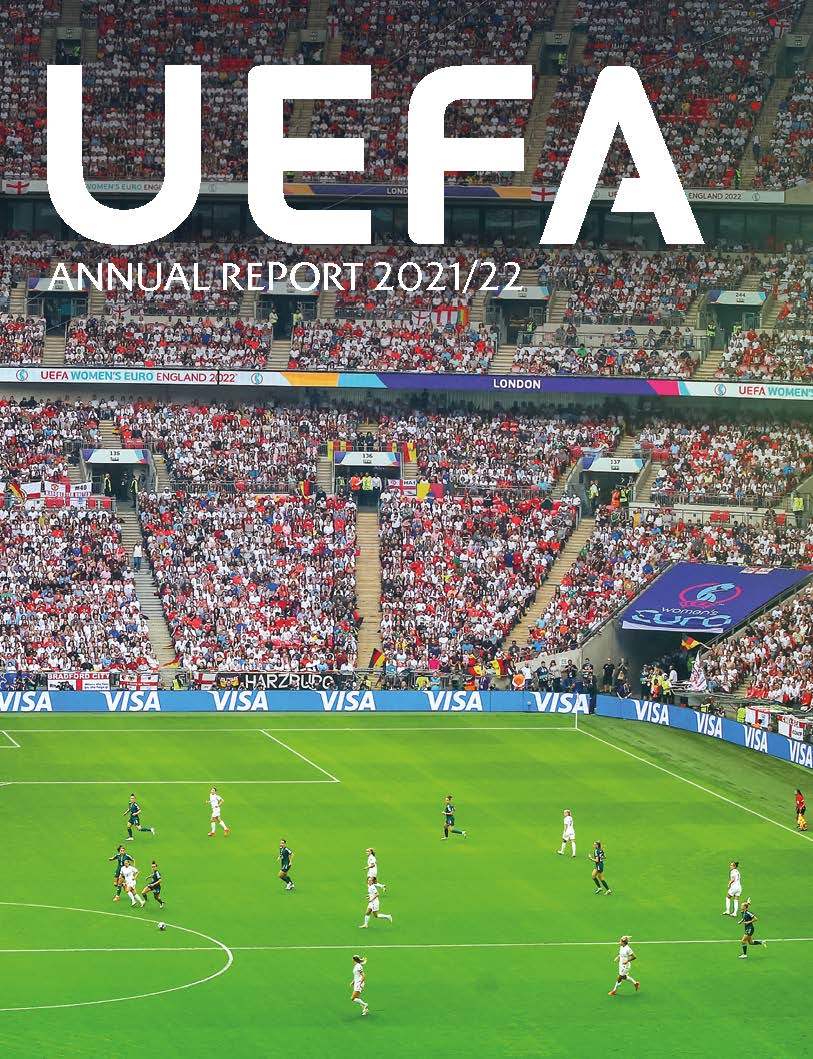
UEFA Annual Report 2021/22
Lorem ipsum dolor sit amet, consectetur adipiscing elit, sed do eiusmod tempor incididunt ut labore et dolore magna aliqua. Ut enim ad minim veniam, quis nostrud exercitation ullamco laboris nisi ut aliquip ex ea commodo consequat. Duis aute irure dolor in reprehenderit in voluptate velit esse cillum dolore eu fugiat nulla pariatur. Excepteur sint occaecat cupidatat non proident, sunt in culpa qui officia deserunt mollit anim id est laborum
Standfirst
HEADLINE
Lorem Ipsum
But I must explain to you how all this mistaken idea of denouncing pleasure and praising pain was born and I will give you a complete account of the system, and expound the actual teachings of the great explorer of the truth, the master-builder of human happiness. No one rejects, dislikes, or avoids pleasure itself, because it is pleasure, but because those who do not know how to pursue pleasure rationally encounter consequences that are extremely painful. Nor again is there anyone who loves or pursues or desires to obtain pain of itself, because it is pain, but because occasionally circumstances occur in which toil and pain can procure him some great pleasure. To take a trivial example, which of us ever undertakes laborious physical exercise, except to obtain some advantage from it? But who has any right to find fault with a man who chooses to enjoy a pleasure that has no annoying consequences, or one who avoids a pain that produces no resultant pleasure?
UEFA blue 1
UEFA blue 2
UEFA blue 3
UEFA grey 1
UEFA grey 2
Competitions
Governance
Development
Sustainability
